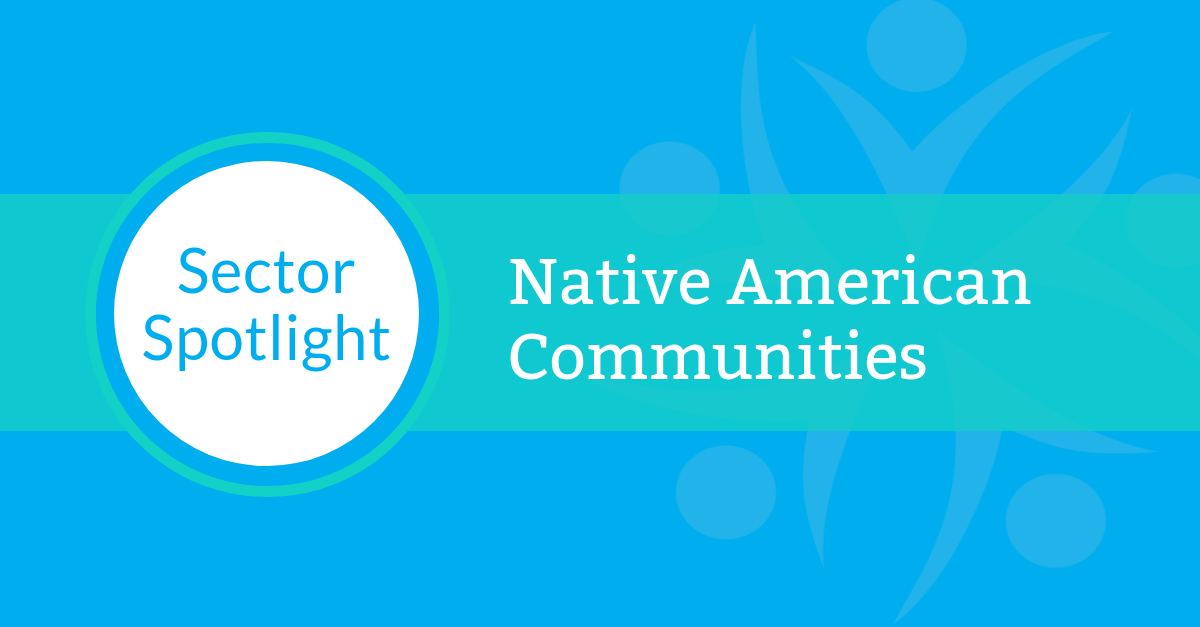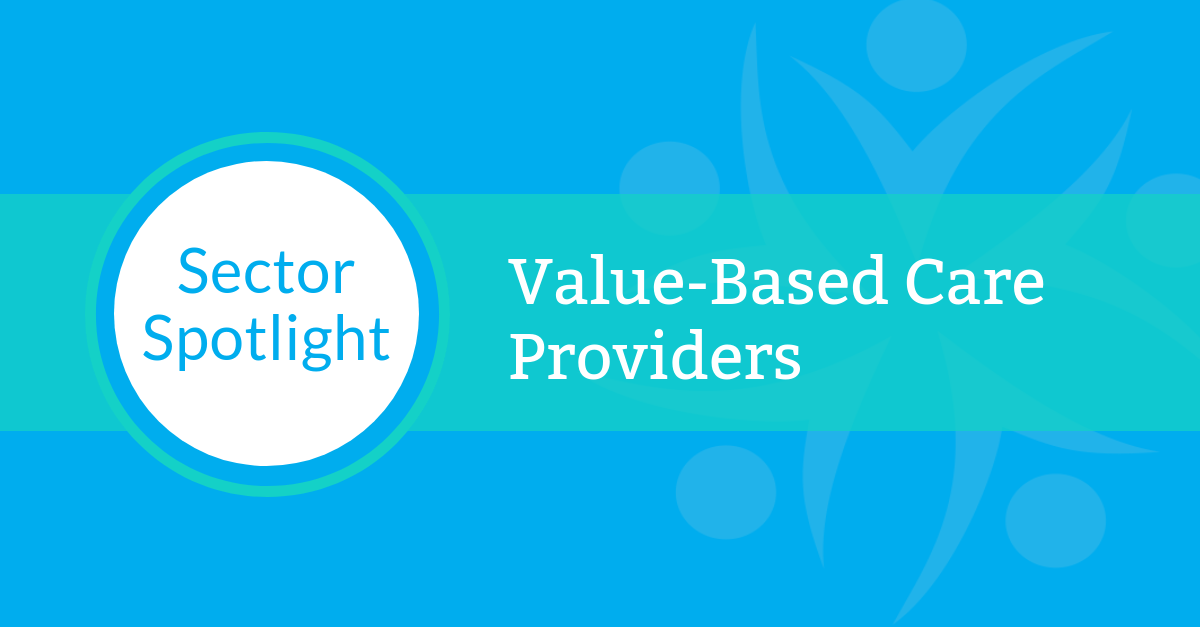"Telepsychiatry programs have been on the rise for the past several years, helping healthcare organizations address chronic psychiatrist shortages, escalating rates of substance abuse and widespread incidence of mental illness across the U.S. By enabling providers to connect with qualified clinicians from anywhere, telepsychiatry is putting mental health care within reach for the first time in many rural and underserved areas. And while these organizations are finding telepsychiatry meets the proverbial triple aim — high-quality care, better overall health outcomes
and lower costs — many are discovering that keeping up with telepsychiatry compliance is a full-time job."
The Latest
White Paper | Delivering Compliant Care: A Guide to Telepsychiatry Law
Tags: Downloads
For Native Americans living in tribal communities, the closest mental health care professional can be hours away – if one is available at all. Yet years of intergenerational trauma, high rates of mental illness and substance abuse mean these residents often have a significant need for these services. As a result, a growing number of tribal communities are turning to telepsychiatry for access to high-quality, culturally-sensitive mental health care clinicians for the people that call these communities home.
In our latest Sector Spotlight, we share insights on telepsychiatry in Native American communities from Regroup’s recent appearance on “American Indian Living.” During the podcast, Naveen Kathuria, Regroup’s senior vice president, partnerships and compliance, explains how telepsychiatry is helping these communities access highly specialized clinicians equipped to serve their population’s unique needs.
Tags: Regroup Blog
MAT | How Prescribing Suboxone Can Help Solve the Opioid Crisis
Each day, opioids claim the lives of more than 130 people across the U.S. As this national epidemic continues to intensify, access to treatment has remained out of reach for many of the patients who need it most. While medication-assisted treatment (MAT) with medications like Suboxone is a proven method for treating opioid use disorder, there simply aren’t enough qualified providers to meet the need and the demand, particularly in rural and other underserved areas.
As healthcare facilities work to meet skyrocketing demand for MAT, a growing number are turning to telepsychiatry as an effective, cost-efficient solution. With recent changes in the law making it easier to deliver MAT via telepsychiatry, this technology-enabled approach is expanding access and saving lives in communities ravaged by the opioid crisis.
Tags: Regroup Blog, Downloads
Regroup & OCA Ventures in Forbes: 12 Chicago VCs You Should Know
Forbes Recognizes OCA Ventures & Regroup
Pete Wilkins has recognized OCA Ventures, one of Regroup's investors, as "One of 12 Chicago VCs You Should Know About" in Forbes. Bravo OCA!
Tags: Regroup in the News
Telepsychiatry: Implications for Psychiatrist Burnout and Well-being
Abstract
Physician burnout and stress have reached alarming levels. Psychiatrists are at risk of experiencing burnout due to emotional stressors related to the nature of the clinical work, occupational hazards, changing nature of service delivery, and increasing administrative pressures. Currently, little is known about the impact of telepsychiatry on psychiatrist well-being and burnout. This Open Forum examines potential benefits and challenges of telepsychiatry with regard to psychiatrist stress and burnout. It also discusses the broader implications of telepsychiatry for psychiatrist well-being.
Tags: Publications
Care Without Borders: 5 Things to Know Before Launching Telepsych
Healthcare facilities across the country are increasingly embracing telepsychiatry as a way to provide patients with quality mental health services, regardless of their zip code. By connecting patients and clinicians through live
If you’re planning to implement a telepsychiatry program, here are five essential steps to help ensure success.
Tags: Regroup Blog
Overcoming Barriers to Larger-Scale Adoption of Telepsychiatry
Abstract
Despite the staggering physical, economic, and societal costs of mental health conditions in the United States, there continues to be a significant gap in mental health service, as access lags behind the demand for them. The uneven distribution of mental health service providers contributes to this gap, making it necessary to incorporate novel approaches to the delivery of mental health services. Telepsychiatry has proven to be one of the more innovative approaches for improving access to mental health services. This article focuses on six challenges that have historically impeded larger-scale adoption of telepsychiatry: limited training, limitations of existing research, security and technology issues, clinical practice challenges, licensure, and reimbursement restrictions. The article discusses recent developments, ongoing advances, and future directions to overcoming these barriers. [Psychiatr Ann. 2019;49(2):82–88.]
Tags: Publications
Healthcare spending is skyrocketing in America, reaching a whopping $3.5 trillion in 2017 and projected to rise another 5.5 percent annually over the next decade. As the industry seeks to contain these costs, providers are shifting their focus from the quantity to the quality of care they deliver – and that’s where value-based care comes in.
In contrast to the traditional fee-for-service model, the value-based approach rewards providers for efficiency, as well as patient health outcomes. Reducing expensive – and sometimes avoidable – acute care episodes is integral to the success of this approach, which is why mental health is an important part of value-based care. By identifying and resolving behavioral health issues earlier, healthcare organizations can keep patients healthier – a win-win for patients and providers.
In our ongoing Sector Spotlight series, we focus on how telepsychiatry can help value-based care providers access mental health services that benefit their patients and their bottom lines.
Tags: Regroup Blog
[Ask Regroup]: Elizabeth Carden, Director of Clinical Accounts
Elizabeth Carden joined Regroup in 2017 with a primary goal in mind: to see how technology could increase access to mental health services, regardless of zip code. Two years later, she is still drawn to the opportunity to expand access for communities by bringing telepsychiatry solutions to Regroup’s health facility partners, their staff, and of course, their patients.
In this edition of Ask Regroup, Carden discusses how Regroup works with its healthcare partners to meet their ongoing needs, and how internal and external communication is key to making sure the partners’ needs are being met.
Tags: Regroup Blog
Dr. Adia Cobb has spent her entire life interested in helping those in need. From volunteer service trips overseas to focusing on underserved populations during medical school, Cobb recognizes the need for building bridges to improve access for those who need it most. Now a bilingual child and adolescent psychiatrist with Regroup, Cobb has worked in a variety of clinical settings, including treating young people with developmental and intellectual disabilities.
In this edition of Ask Regroup, Cobb shares how telepsychiatry brings balance to her life and allows her to treat the unique issues facing children and adolescents effectively.
Tags: Regroup Blog
.png?width=170&height=100&name=Array_rgb%20(1).png)









